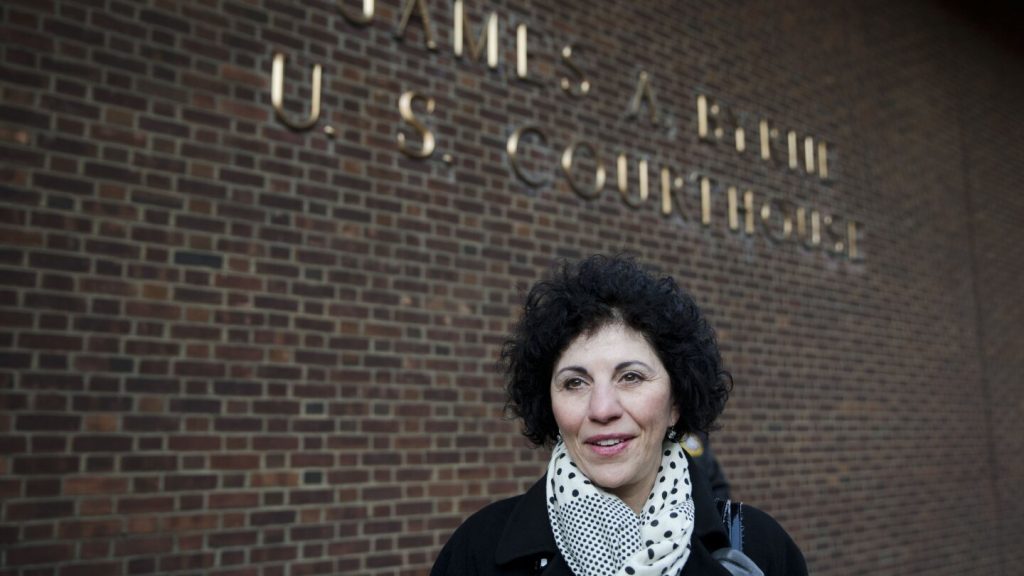Widows and Caregivers Criticize Study on CTE
BOSTON (AP) — Many widows and caregivers of former NFL players diagnosed with chronic traumatic encephalopathy (CTE) have expressed their discontent with a recently published study. They claim it undermines their lived experiences with this degenerative brain disease, which is associated with concussions and repeated head trauma common in contact sports like football.
Concerns About Minimization
An open letter signed by the family members of affected players argues that the study, featured in the May 6 issue of Frontiers in Psychology, insinuates that their caregiving challenges are a result of “media hype” surrounding CTE, rather than the disease itself. They described this implication as “callous, patronizing, and offensive,” emphasizing that their struggles are authentic and not merely influenced by media narratives.
Personal Testimonies
Leading the backlash is Dr. Eleanor Perfetto, a medical researcher and widow of Ralph Wenzel, a former NFL player who faced severe cognitive decline. Perfetto pointed out that the study overlooks the real challenges faced by caregivers, questioning why their experiences were downplayed. “Women face this kind of minimization every day,” she remarked, suggesting that the study’s narrative aims to trivialize a serious issue.
Disappointment in Research Findings
The open letter, titled “NFL Caregivers to Harvard Football Player Health Study: Stop Insulting Us!”, garnered over 30 signatures, including those from relatives of Hall of Famers. While the letter acknowledges the study’s focus on the emotional toll on caregivers, it criticizes its reliance on unfounded speculation regarding the role of media in shaping caregiver anxiety about CTE.
Researchers’ Defense
Responding to the backlash, study authors Rachel Grashow and Alicia Whittington stated their objective was to support NFL families dealing with CTE. They clarified that they did not intend to minimize the severity of the disease but aimed to highlight how increased media attention might affect perceptions of symptoms attributable to CTE.
Concerns Over Downplaying Risks
Perfetto worries that the study reflects a broader trend of downplaying the risks associated with football. The NFL officially recognized its connection to CTE in 2016, agreeing to a settlement for former players affected by the disease. Perfetto questioned the researchers’ tendency to attribute caregiver anxiety to media influence, suggesting it conveniently deflects responsibility from the NFL.
The Ongoing Struggle of Caregivers
Kesha James, the spouse of a former player, shared her own harrowing experiences, seeking to raise awareness about the struggles faced by caregivers of those afflicted with CTE. She expressed a desire to bring attention to the realities that families navigate, hoping that shedding light on these issues can prevent others from enduring similar hardships.



